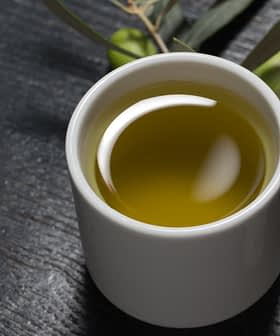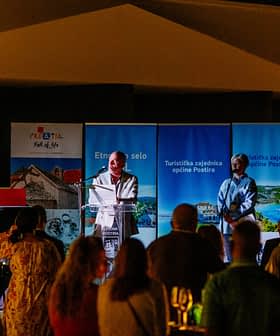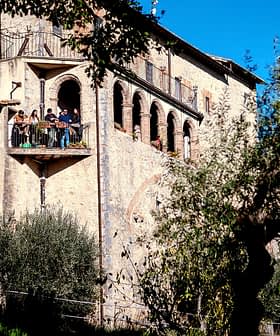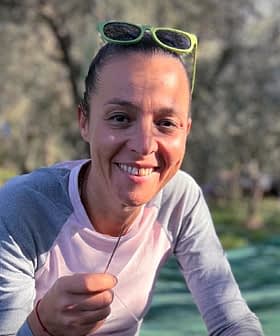The Story Behind Starbucks Oleato
Starbucks shocked the world by putting olive oil in its coffees. Tommaso Asaro says it's just the beginning.
 Tommaso Asaro, CEO of Oleificio Asaro, the company that produces Partanna olive oil used in the Starbucks Oleato
Tommaso Asaro, CEO of Oleificio Asaro, the company that produces Partanna olive oil used in the Starbucks Oleato  11.9K reads
11.9K readsHoward Schultz, the CEO of Starbucks, has launched a new line of coffee drinks called Oleato that features extra virgin olive oil. The partnership with Partanna, a Sicilian olive oil brand, has been a successful public relations move and has the potential to transform the coffee industry. Asaro, the fourth-generation producer of Partanna, sees this collaboration with Starbucks as the beginning of a broader trend to introduce the taste and health benefits of extra virgin olive oil in other products.
Howard Schultz, who rose from the gloomy housing projects in Canarsie, Brooklyn, to build the world’s most valuable restaurant brand and considered running for U.S. president, is talking a lot about olive oil these days.
“If someone took a blood test of me,” he told CNN recently, “I think my blood’s coming out gold, I’ve had so much olive oil.”
“I’ll carry the Starbucks flag and the American flag all over the world for Oleato.”
Last February, Starbucks announced one of its biggest launches in decades — a fusion of coffee and extra virgin olive oil. “I know it will transform the coffee industry,” Schultz said about the new Oleato line of drinks.
The news swept through another industry in dire need of a transformation, eliciting cheers from stakeholders who saw new opportunities. “Giving [extra virgin olive oil] value through coffee could relaunch its image, mostly among the younger generations,” said Anna Cane, president of the olive oil group of the Italian Association of the Edible Oil Industry (Assitol).
Olive oil producers and marketers have long bemoaned the lack of consumer knowledge about olive oil, its health benefits and its usage. Here was the CEO of Starbucks waxing poetically on a “luscious, velvety flavor that lingers in your mouth.”
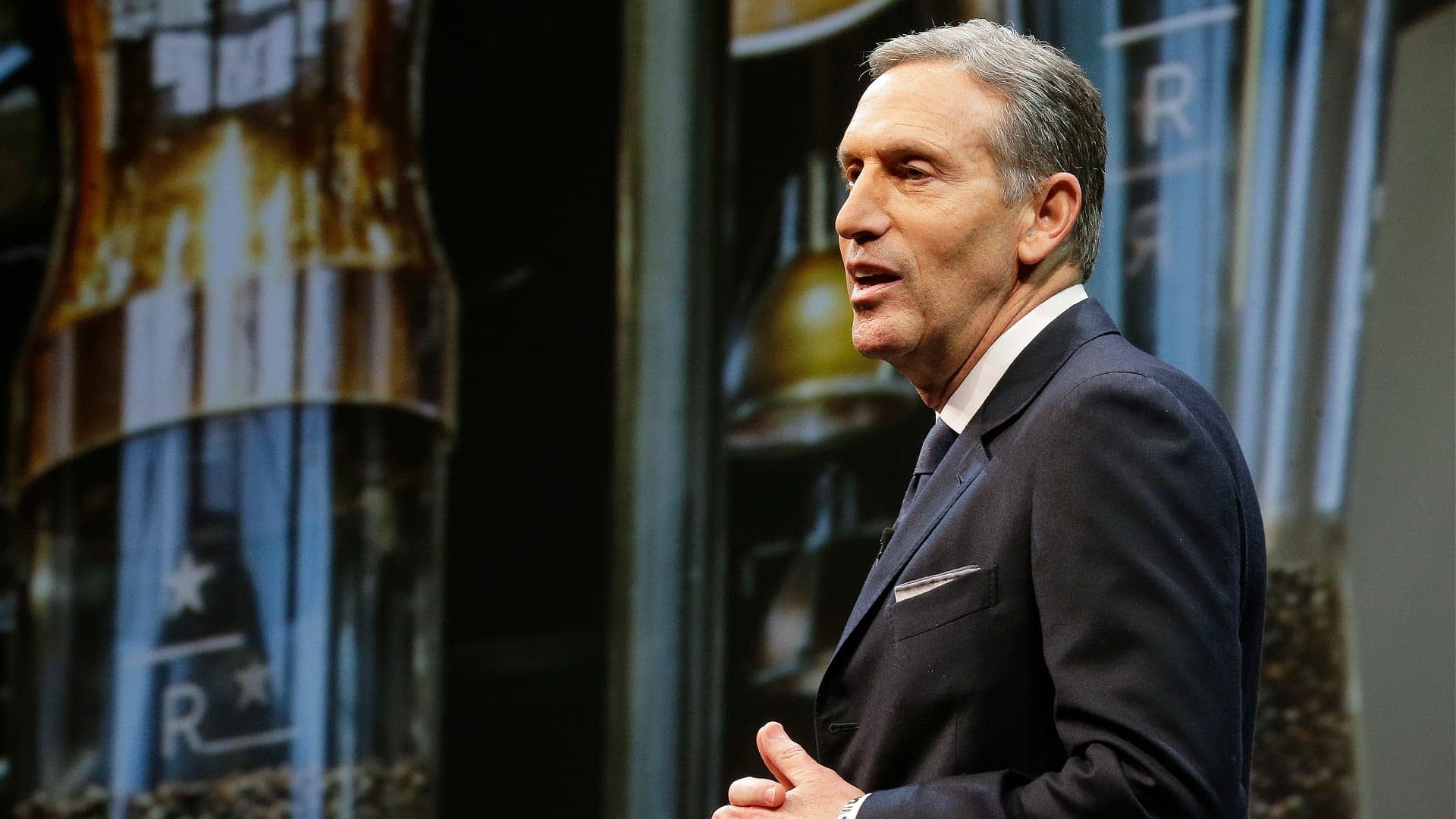
Howard Schultz (AP)
“In over 40 years, I can’t remember a moment in time where I’ve been more excited, more enthused that demonstrates the pride, the quality, the passion, the heritage and the craft of what Starbucks can do,” Schultz told CNBC. “I’ll carry the Starbucks flag and the American flag all over the world for Oleato.”
It wasn’t just olive oil Starbucks was promoting with its new drinks; it was extra virgin olive oil. And it wasn’t some no-name blend; it was Partanna Nocellara del Belice from Sicily.
“People are gonna add a tablespoon of Partanna extra virgin olive oil to their drink,” Schultz proclaimed. “I’m sure of it.”
Starbucks campaigns, news reports and social media have promoted the Partanna brand alongside the famous Starbucks logo in a stunning public relations triumph for Tommaso Asaro.
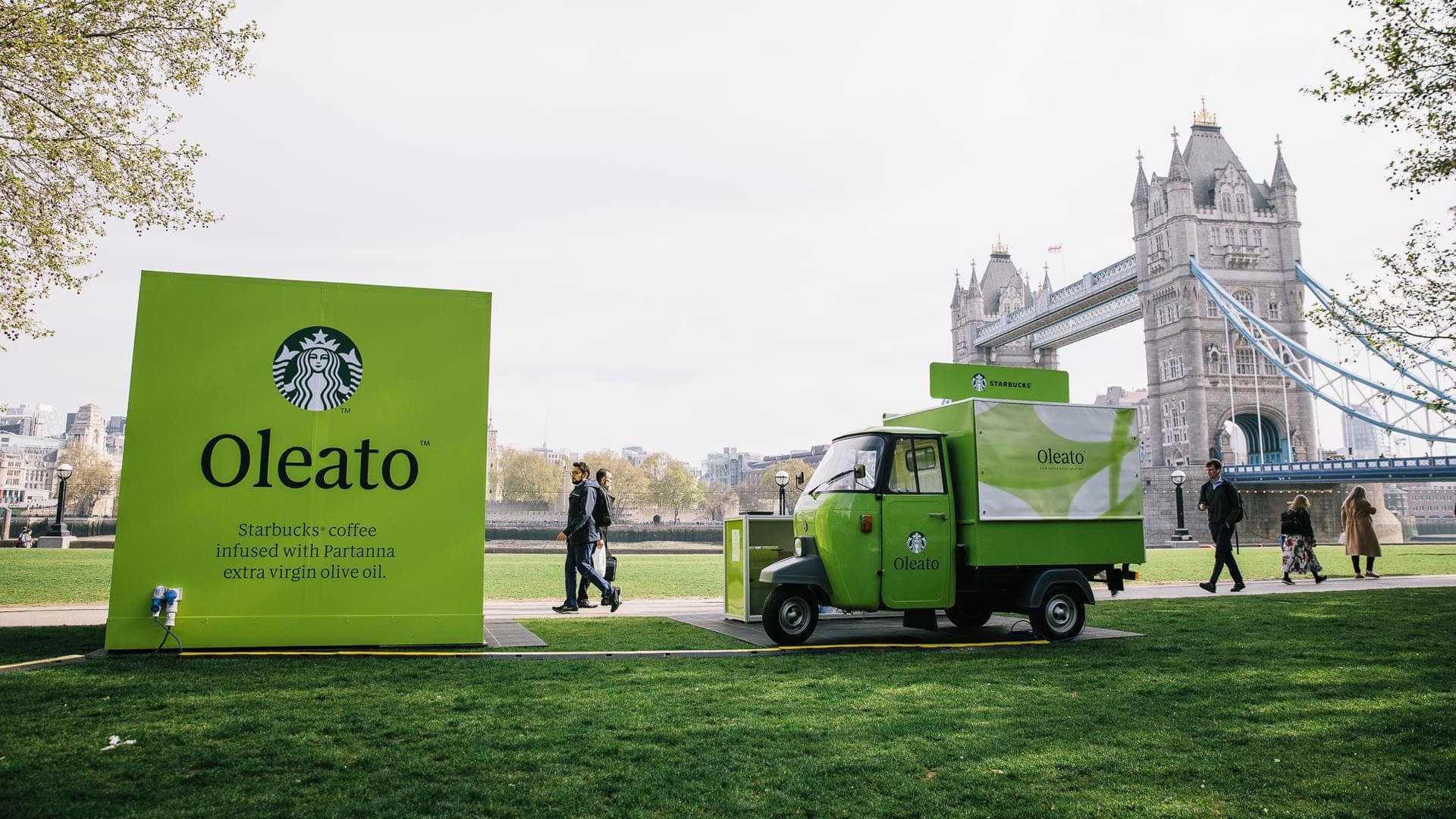
(Starbucks)
“We met in New York, then we went to Sicily,” Asaro said about his first discussions with Schultz, where the idea for Oleato took shape. The two were introduced by a mutual friend and talked in general terms about a coffee drink with olive oil.
Asaro is the fourth-generation producer of Partanna, an award-winning extra virgin olive oil from the Valle del Belice in southwestern Sicily. And he was showing the Starbucks CEO around.
“Of course I took him to the touristic places, in town and our farm. He was stunned about the amazing Belice Valley that he never saw before,” Asaro said of the visit.
I came across a time-honored tradition that transformed my coffee experience and improved my life.
“This summer, I was once again captivated by a transformational idea while traveling through Italy,” Schultz wrote in a memo to Starbucks employees about his visit to Sicily. “I came across a time-honored tradition that transformed my coffee experience and improved my life. It was wholly unexpected, yet the possibilities filled me with excitement.”
Asaro admitted he knew as little about coffee as Schultz knew about olive oil when they met.
“If you talked to me about coffee, probably I was thinking there were only two different coffees in the world. But instead there are hundreds of different beans with their own qualities,” said Asaro.
While Asaro and Schultz began forming the idea for Oleato (Asaro came up with the name), Starbucks representatives fanned out to taste oils around Italy before committing to Partanna.
Amy Dilger, principal Starbucks beverage developer, likened the natural symmetry between the two products. “As I learned about Partanna extra virgin olive oil, I kept seeing things that reminded me of Starbucks coffee, specifically how the terroir, the origin, and the varietals contribute to the unique flavor and texture,” she said.
“They tasted oils from many other varieties and places,” Asaro recalled. “We compared the products, and there were definitely many great oils. Nocellara has a specific taste profile and color and only grows in one area. With its smooth and nutty flavor, not so bitter, and little aftertaste, it was the perfect balance.”
“I think of all the buttery caramels that we mix with our coffee,” Dilger said. “That buttery smooth richness [of the Partanna monovarietal] combines so well with our coffee.”
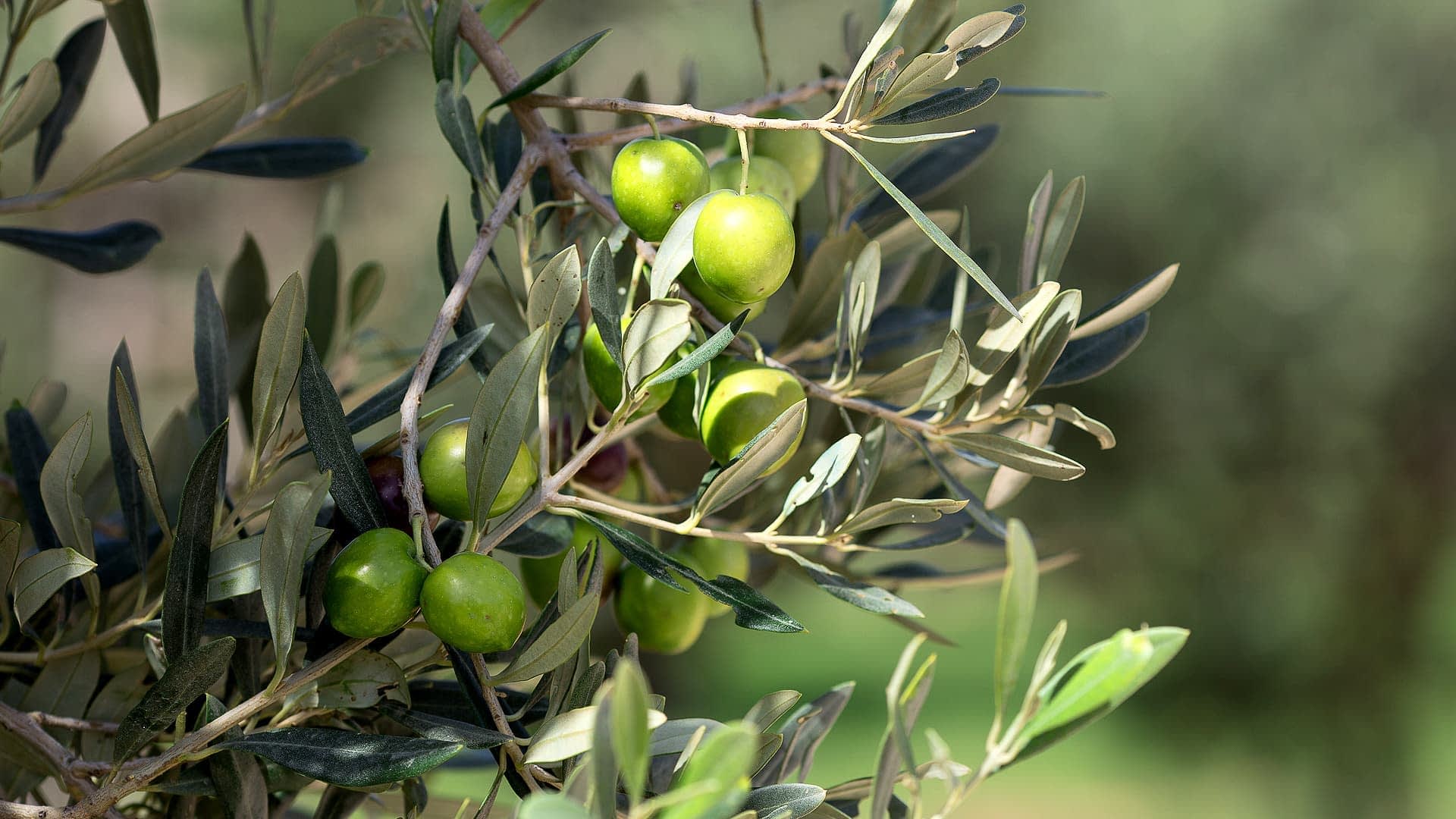
Nocellara del Belice olives (Oleificio Asaro)
Unlike most major producers, generations of the Asaro family have staked their business on one olive variety in one Sicilian valley, working with around 1,000 farms of all sizes and processing their fruit in one place. They have eschewed high-density farming, which doesn’t suit the Nocellara del Belice cultivar.
Partanna and other Asaro brands have a long history of winning awards at the NYIOOC World Olive Oil Competition, which served as an independent verification of quality to the Starbucks team, and Asaro had the capacity to supply a global retail chain. “They saw many similarities between what we do here and what they did in Costa Rica,” Asaro told Olive Oil Times.
See Also:Starbucks Introduces Olive Oil-Infused Coffee in ItalyWhen the companies reached an agreement, Asaro’s team worked with counterparts at Starbucks to develop custom one-liter pump bottles and sync logistic systems.
We are really going to break the rules and we have other things in mind where we can go. There is a bigger place for olive oil.
Starbucks takes possession of the finished product in Sicily and dispatches it to its distribution centers worldwide. So far, Oleato is served at roughly 4,000 Starbucks in the United States, Italy, France, Switzerland, the United Kingdom, the United Arab Emirates, Saudi Arabia, Kuwait and Japan, Asaro said. In a few months, they will launch in China. Starbucks has 36,000 outlets in 80 countries.
“They really want to do it right,” Asaro said. “The idea was, you don’t want to see the olive oil but you want to taste and get the benefits of it. To do that they have a training place and they train in the stores.”
With the drink introduced in the U.S. just last spring, Asaro anticipates a sales surge in the coming colder months. “September is a month where the sales are picking up again. People will come back from holidays and return to their routines,” he said.
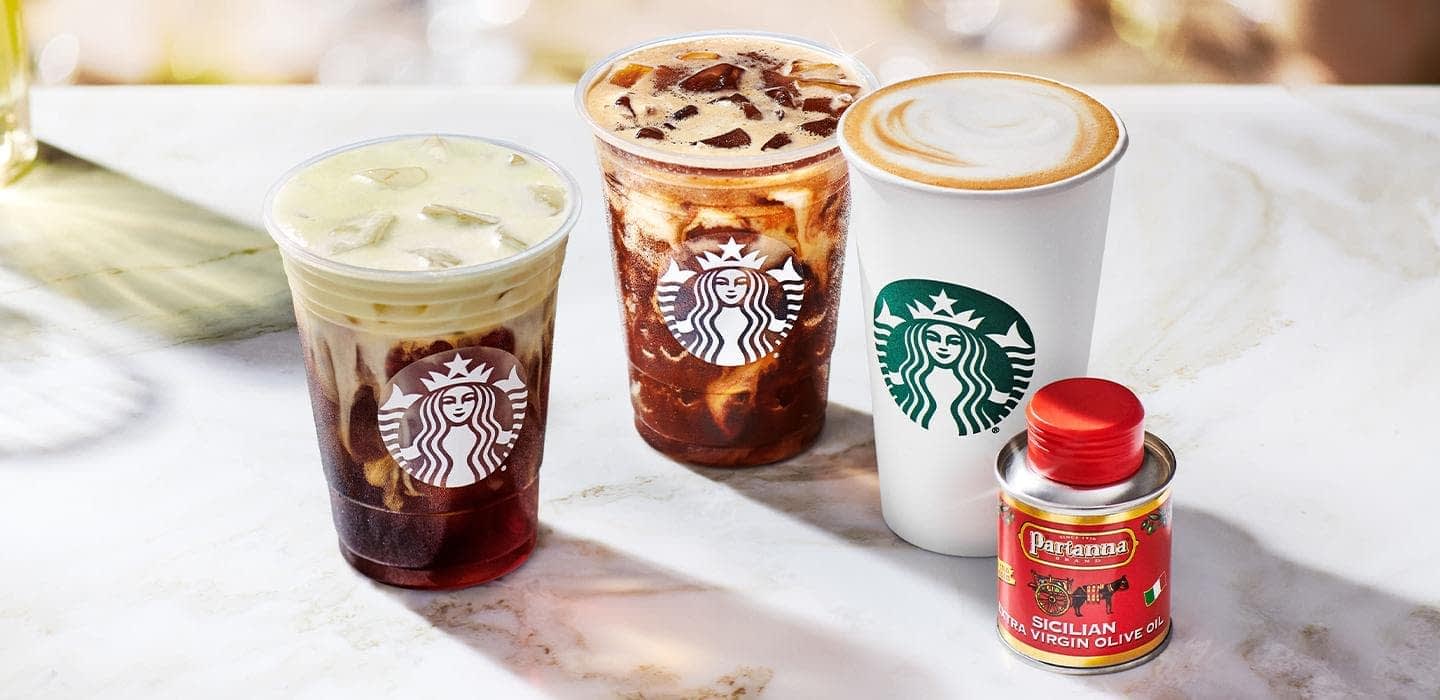
(Starbucks)
Asaro sees Starbucks as the beginning of a broader trend to introduce the taste and health benefits of extra virgin olive oil in other products.
“You’re going to see this in the next few years,” he said. “It’s already a staple. So we are really going to break the rules and we have other things in mind where we can go. There is a bigger place for olive oil. It is a super healthy food.”
“We need to finish and complete the Starbucks project and get it to one hundred percent. But the experience of course brought me, and I think everybody else, to think out of the box,” Asaro said.
See Also:Starbucks Could Become a Global Ambassador for EVOO, Experts SayMeanwhile, Partanna, which, according to Asaro, is the oldest brand in Italy still owned by its founding family, is relishing a thoroughly modern viral moment and a boost to its sales. “Because of the publicity in Starbucks, they are discovering the Partanna story,” he told us.
Asaro, who divides his time between New York and Sicily, has seen a lot of ups and downs in 40 years in the family business. His unprecedented deal with Starbucks came, paradoxically, at a time of unique challenges in the industry.
“This is really the most difficult year that I remember. I’ve never seen anything like it,” Asaro said about the production drop and price surge that he blames on erratic weather spurred by climate change. “My father says the same thing. It’s the worst he’s ever seen.”
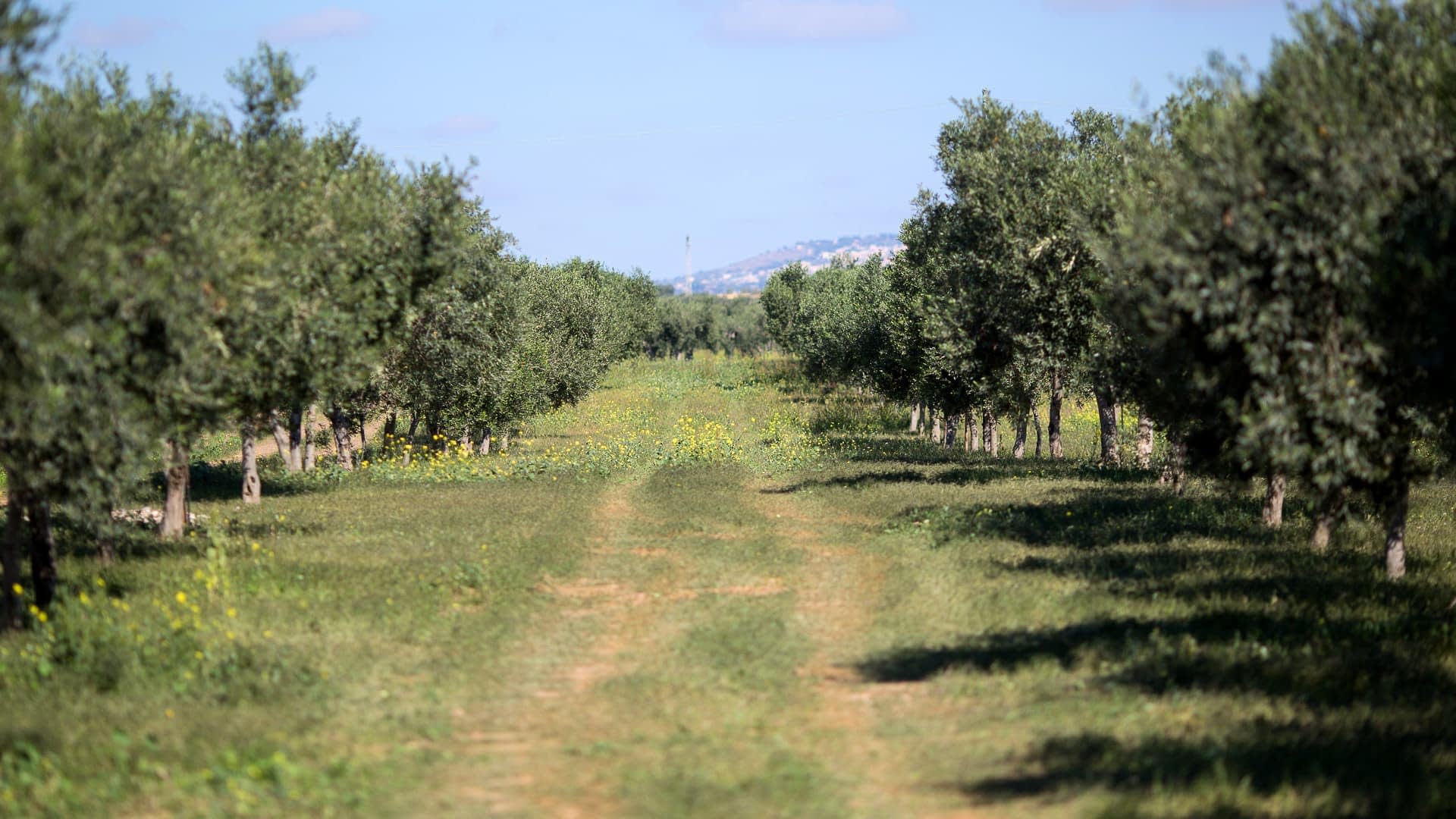
Asaro Farm in Partanna, Sicily
Still, Asaro, who has led a transition to organic production in the Belice Valley, has a bullish outlook on the industry.
“Consumer nowadays have much more knowledge on the provenance, variety, method of extraction…the market is totally different than we had before,” he said. “Of course the pricing should be aligned with quality and I see the market really getting divided. So before it was low, medium and high quality. Now I can say it’s either high quality or really mass market.”
And he sees a continuing evolution, through consumer education, toward a higher regard for Liquid Gold.
“People need to learn more about how to use olive oil at home, put it everywhere, put it in the salad, be generous with it,” Asaro said. “There are so many things still undiscovered.”
Share this article


